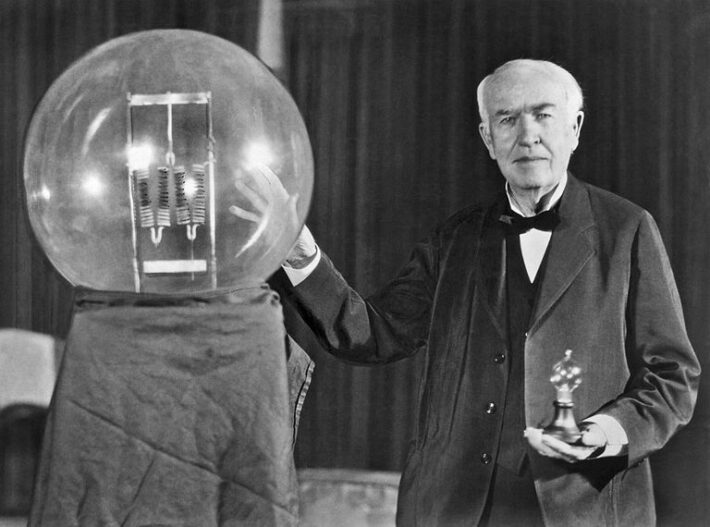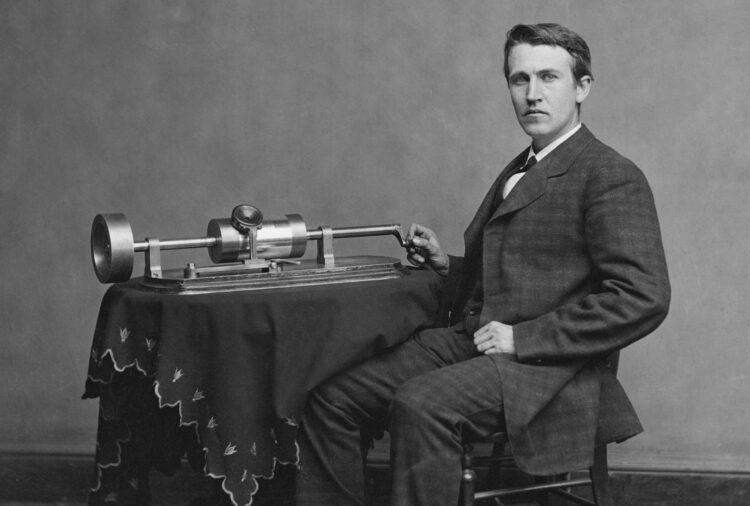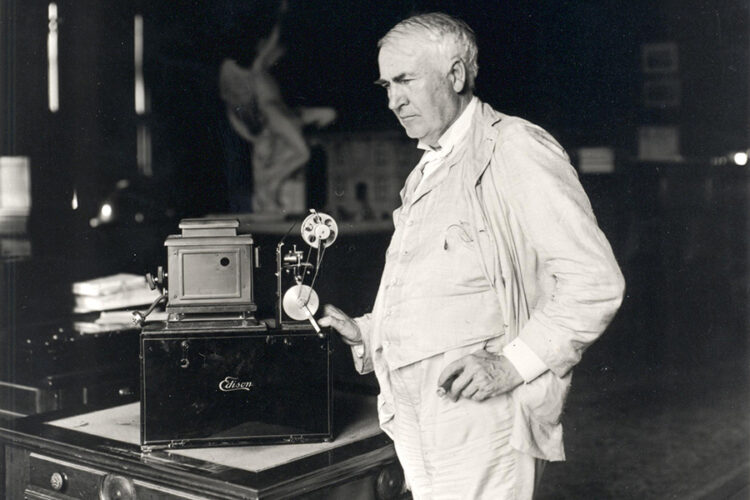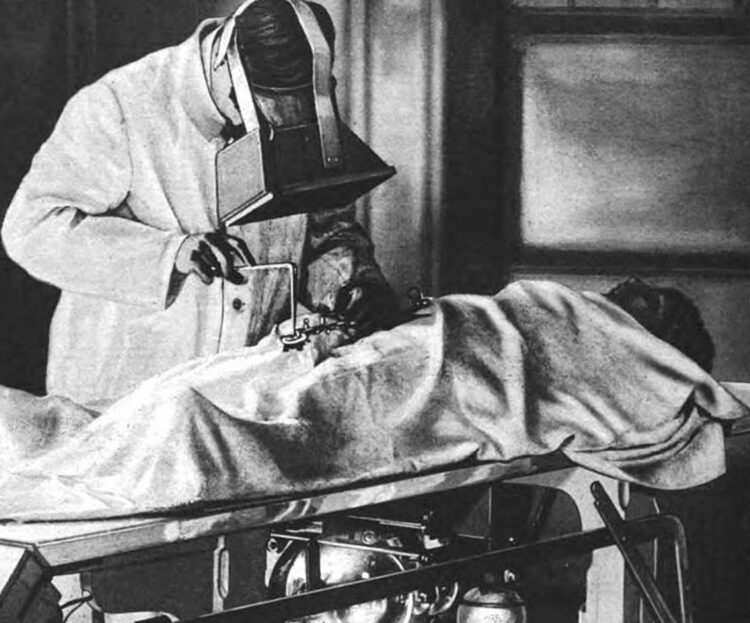
As one of the world’s most recognized entrepreneurs and inventors, Thomas Alva Edison has undoubtedly left his mark on the history of science. His inventions fueled significant changes and switched the course of the entire human history towards what we have today. Without his immense contributions to the world, we’d likely live completely different lives. His incredible curiosity and inventiveness continue to inspire many people all around the globe.
However, there are also some controversies surrounding his work. Were his ideas truly unique, or had he have been borrowing bits from his colleagues? If so, does it make him less of an inventor? Where does his genius lie then?
Here we’ll try to answer these questions in as much detail as possible. So, join us as we explore the brilliant mind that hid behind one of the most talked-about inventors of all time.

Invention and business: are the two terms interchangeable? The Edison Dilemma
Now, most detractors of Edison’s work seem to hold the same view: he was nothing more than a good businessman. Even so, he was able to acquire a little less than 1200 patents in his lifetime! He laid the fundamentals to many essential items we use to this day. In fact, when you go to a hospital or a medical clinic, your doctor still uses Edison’s designs for their X-ray equipment.
Of course, whether Edison reached all of his great ideas and inventions by himself is an easy question to answer: no, he did not.
His inventions were 100% original, but the ideas surrounding those inventions came from other sources. He developed other’s people work, refined it, and finally, made it marketable. That, in itself, is a talent that not many possess. It’s what defines a great inventor and makes the difference between failure and success.
So yes, ideas can be brilliant and innovative, but if nobody can benefit from them as they are, then they just stay, well, ideas. It takes much work and creativity to turn an abstract thought or theory into a full-blown product, and that’s precisely what Edison kept doing throughout his inspiring career.
Rather than a businessman, we’d say the term entrepreneur better suits Thomas Edison. He wasn’t just running a successful company, as a regular businessman would: he was a leader, willing to take risks and move the world forward with his immense creativity, persistence and passion.

He’s proof that great minds don’t work alone
Edison’s company employed thousands of different experts that came from a wide range of industries. Like all great entrepreneurs, he understood that collective effort could be much more fruitful than an individual thought. With the help of other knowledgeable individuals, he came up with precisely 1093 inventions that he acquired a patent for later on. All of this is a feat too large for anyone to handle alone, no matter how brilliant they may be.
If you’re an inspiring inventor yourself, we suggest you look at Edison’s example and stop insisting on working alone. Seek help, advice or even just support from people around you, and you’ll quickly see many advancements in your progress. Furthermore, if you ever feel stuck or like giving up, but you genuinely believe in your ideas, don’t hesitate to seek guidance from the professionals, such as InventHelp, for example.
Like we’ve said, involving others in his inventive process may be one of Edison’s greatest inventions. If you think about it, people consistently achieved great things when they worked together. Even the greatest minds of all time “borrowed” ideas and learned from others to achieve their most significant accomplishments. For example, Einstein would never develop his Theory of Relativity if Newton didn’t set the fundamentals to the classical physical models and theories centuries before Einstein. Edison only made that process a bit “quicker” as he directly interacted with other capable and creative individuals he made his employees.

Edison never gave up
If you think Edison’s life story was a success from the beginning, we suggest you read his biography. Before he became what he’s known for today, he encountered many failures and hardships, as everyone does. His persistence makes his story even more inspiring, especially when you take into consideration his complex background.
Now, we won’t go into too much detail regarding his biography, as it’s extremely cultivated and extensive. You can read his incredible journey online, which we wholeheartedly recommend you do. It’s a story about persistence, failure, loss, determination, and finally, success.
If you’re an inventor yourself, remember to always stick to your ideas and don’t ever let anyone or anything bring you down. Work hard and try even harder, and you’ll undoubtedly bring your vision to life one day. Don’t be afraid to take risks and lose some battles along the way, as you never know where it can take you. Edison was the living proof of that.

Can we truly call him the greatest inventor of all time?
There’s genuinely not a correct answer to this question. For some, he’s an inspiration and a constant reminder to stop neglecting their own ideas, while for others, he’s nothing but a cruel man who valued money above everything else. Take it however you want, but one thing is indisputable: his work helped change the world.
Again, as we’ve mentioned before, he was and still remains a controversial figure in the world of science and inventing. Many of his experiments were quite risky, which eventually caused the death of his close colleague, Clarence Dally. He was a demanding but fair employer who worked hard and expected everyone to do the same. He was also infamously accused of conducting electricity experiments with animals, and his treatment of Nikola Tesla’s work leaves a sour taste in many people’s mouths.
Be it as it may, he’s still one of the most acclaimed inventors that ever lived. Whether he inspires you or not is entirely up to you. Still, if you try to imagine your life without some of his inventions (like his lightbulb design), you’ll quickly realize his undeniable importance in the world of science and technology.











